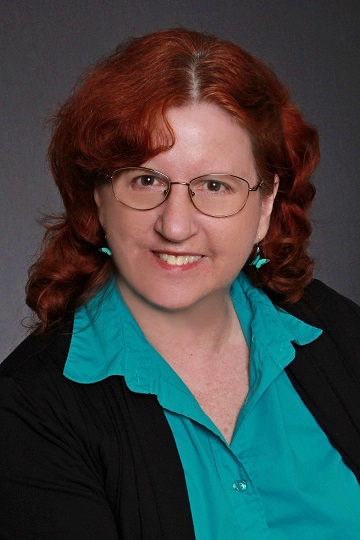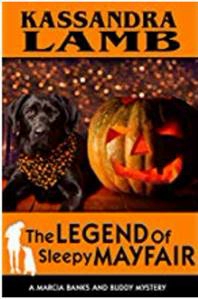
- This event has passed.
Writing to Heal
February 10, 2019, 2:30 pm - 4:00 pm

Author Kassandra Lamb, who served as a psychology professor for sixteen years and practiced psychotherapy for two decades, spoke about the therapeutic aspects of writing. In her practice, she specialized in trauma recovery. When a person has been through trauma, she said, almost any form of writing can help with the healing process; these forms in particular:
- journals
- letters
- poems
- memoir
- blogging
- fiction
Lamb now writes fiction. Her first inspiration for writing fiction occurred when a special friendship ended. She had become friends with the lawyer of a client who was going through a traumatic divorce. “My client’s lawyer and I developed a close friendship. We were both happily married, so it was a platonic relationship. But I was devastated when our friendship ended abruptly. And badly! Well if I couldn’t have a healthy relationship with a man in real life, I decided, I would write a story where it could happen! My first book, Multiple Motives, helped me vent my feelings, and by the end of the book, I liked my book friend more than the friend I’d lost in real life.”
Lamb went on to explain how and why writing helps.
Psychotherapists often ask their clients to keep a journal about their feelings. This helps the client see how far they’ve come once the problem gets resolved. Anybody can use journaling to sort out their thoughts.
Letter writing is also used in therapy. The letter might never be sent, but writing it—venting—can help. A warning, though: write the letter in Word, not in email, as you might accidentally hit send . . . I know. I’ve done it.
Remember that emotions have an energy, and keeping negative emotion and energy inside can cause physical harm to one’s body. Several things need to happen to expel the energy and emotion. Take anger, for example. It must first be acknowledged. You must state what happened to cause the anger. You must express your feelings, externally—but not to the person you’re angry at! And, the situation causing the emotion must be resolved.
Poetry can reach the very depth of emotion and can help you get to and resolve bad feelings. Memoir, too. Telling one’s story is a way of being heard.
Lamb said she is currently coauthoring a memoir for someone whose father is a psychopath. “We are about halfway through his book, now,” she said, “and the process is getting easier for him because he’s healing as he tells his story. Good stuff is happening for him.”
Blogging is also good therapy because it can be like an ongoing memoir. People who have experienced a traumatic event often think they are alone, that they caused it. Learning that another person experienced something similar can validate them. This can happen if someone responds to a blog post you’ve written. Hearing from others that your story helped them gives meaning to the pain you’ve experienced.
As a fiction writer, you can also use your pain to write realistic characters. You can create characters able to pick themselves up and brush themselves off. This can inspire hope and educate others.
Another method therapists use to help a client overcome trauma is to have them imagine the outcome as coming out differently. If a child was made to keep his feelings bottled up, for example, have him imagine telling off the father he never stood up to.
A lively question and answer session followed Lamb’s talk.
 Lamb is the author of seventeen novels and six novellas, plus a short guide for beginning writers. Her works include the Kate Huntington mysteries, with a psychotherapist protagonist, and the Marcia Banks and Buddy cozy mysteries, about a young woman who trains service dogs for veterans. She also writes darker romantic suspense under the pen name of Jessica Dale.
Lamb is the author of seventeen novels and six novellas, plus a short guide for beginning writers. Her works include the Kate Huntington mysteries, with a psychotherapist protagonist, and the Marcia Banks and Buddy cozy mysteries, about a young woman who trains service dogs for veterans. She also writes darker romantic suspense under the pen name of Jessica Dale.
Summarized by Susie H. Baxter
If you are interested in writing the summary of a future talk, contact the program coordinator.
